

Unravel renders the little world under our feet with dazzling fidelity and grace. It zooms in on sticks and stones and rust, mushrooms, berries, dirt, saltwater-crusted piers, thick snow that bunches and billows around the little yarn figure trudging through it. It reminds me of all the summers I spent sat on the ground playing, following ant trails, poking at mushrooms, ripping out blades of grass to see if I could whistle with them. Unravel is at times a stunning trip to wide-eyed childhood, so it was disappointing to discover how mopey and mean it can also be.
As the cute little Yarny, a crude yarn-based lifeform, you’ll ‘enter’ photographs (really sidescrolling puzzle-platforming levels) placed around an old, dark home. You’re exploring a lifetime of memories: playing in a berry mire, taking a trip to the beach, seeing the place you lived change and grow and die. Longing, melancholic strings cry all the way through, and while it’s ultimately meant to be schmaltzy and uplifting—the bonds of love and family that tie us together through lifetimes and all that—it often feels like an austere take on the brutality of life. Yarny is crushed and drowned and gobbled up by cockroaches, and the earth is scorched by cartoon-green toxic sludge. It’s hard at the end, when everyone has left and they never write anymore. It’s hard for Yarny when he’s eaten by a rodent. It’s hard for me to stomach all this morose platforming while I wait for the sentimental part, which isn’t a whole lot better.
I like the basic components of Unravel’s puzzles, though, and there are some good—but never too tricky—spatial challenges to solve. As Yarny runs, he unspools, leaving his body of yarn strewn across the ground (the beautiful, beautiful ground!). You can tie knots around specially-marked hooks, stringing your body between two points to create new platforms to bounce on. Or you can throw out a string to grab onto a tack and swing or climb. Yarny can’t jump very high, so the only way to get around the often tall levels is to Tarzan over gaps, climb his rope-body and push tin cans and boxes around.
Each little area is scattered with connection points and pushable objects, and I liked swinging back and forth to see the big picture before building a modest web of string to elevate me to the next challenge. The simple puzzles—like tying a yarn ramp between the ground and a ledge and pushing a box up it—aren’t satisfying after a while, but Unravel iterates cleverly. In one puzzle, I had to raise a downed tree by pushing a rock into it, but it took me a minute to realize I had to first tie my yarn to a point below the tree, and then the top of the tree so I could climb up it once it was raised. The complexity increases just a bit from there: other puzzles make you conserve your yarn—unspool too much and Yarny becomes sluggish and skeletal until he can’t go on—or operate machinery by pulling on levers or prying open junked old cars.
It’s the objects imbued with physics—rolling tires, see-saw trees, floating ice—that can make Unravel dismal. Yarny’s pathetic hops aren’t very precise, and it’s infuriating to have a puzzle solved, but to have to do it again and again because I keep capsizing a bottle floating in toxic goo. And worse, Unravel throws death at you from off screen. I’m just skipping up a mountainside when—rumble, rumble—a giant boulder crushes me to death. Turns out I was supposed to know to run back the way I came and hide beneath a specific ledge. No, not that ledge, the other one. A decent chunk of Unravel is trial-and-error yarn murder—like a toned-down, less clever Limbo—with birds swooping down to grab soft nesting material, falling barrels smashing me into felt, and deadly water sloshing beneath unstable boats. Misjudging Unravel’s bouncing, tumbling, stupid physics doesn’t usually set you back far, but toss a ball of headaches between only moderately good puzzles and nothing seems very good at all.
When Unravel is really good, it’s creative and playful and friendly: I’m pushing an acorn down a snowy path to build a giant snowball, hooking a fish and speeding across a lake in a toy boat, spelunking down a well to find a secret. I complain about the hungry roaches, but there’s actually a pretty clever segment in which you flip on lights and pull them around to scatter the critters, and it’s not really hard, but fun to sort out. Being ground into lint because I didn’t make a perfect jump isn’t, and neither is struggling against gusts of frigid wind. I can love that sort of thing in a rigidly controlled platformer like Donkey Kong Country or Super Meat Boy, but throw in Unravel’s swinging physics and it’s just a pain in the ass.
Good thing it’s gorgeous. With its natural dioramas, Unravel succeeds at magnifying the sweet sadness I feel when I reminisce about old friends and long days of exploring. Every leaf and stone shines just right, the water ripples and sparkles, the snow piles up and drops from ledges in chunks. The animations are exceptional, especially Yarny’s—he’s delightfully expressive in the way he shakes off water after a dip, shivers in the cold, and looks up in wonder at a great beast.
I could’ve done without the meta story: a dusty old photo album, a pair of abandoned crutches, a piano no one plays. We get old and things change and our stories fade—but gosh, we sure do share our lives and love with people who will go on, don’t we? Blech. To evoke so much with the beauty of a mossy forest floor and then summarize it with pithy sayings and faded photographs undersells the real achievement. Survive the annoying falling rocks and mute the mopey music, though, and there’s joy in reminiscing with Yarny about all the living we’ve done so far.
1 of 7 Advertisement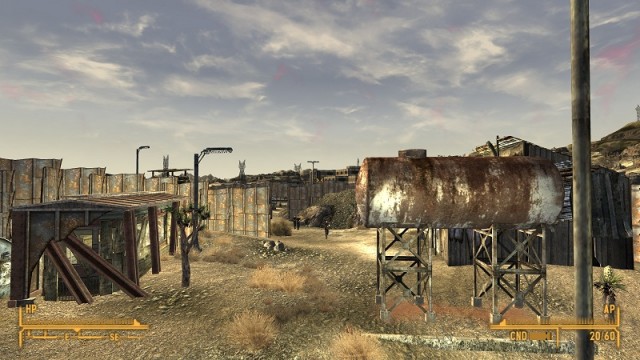



 Top 10 Unlockable Characters
Top 10 Unlockable Characters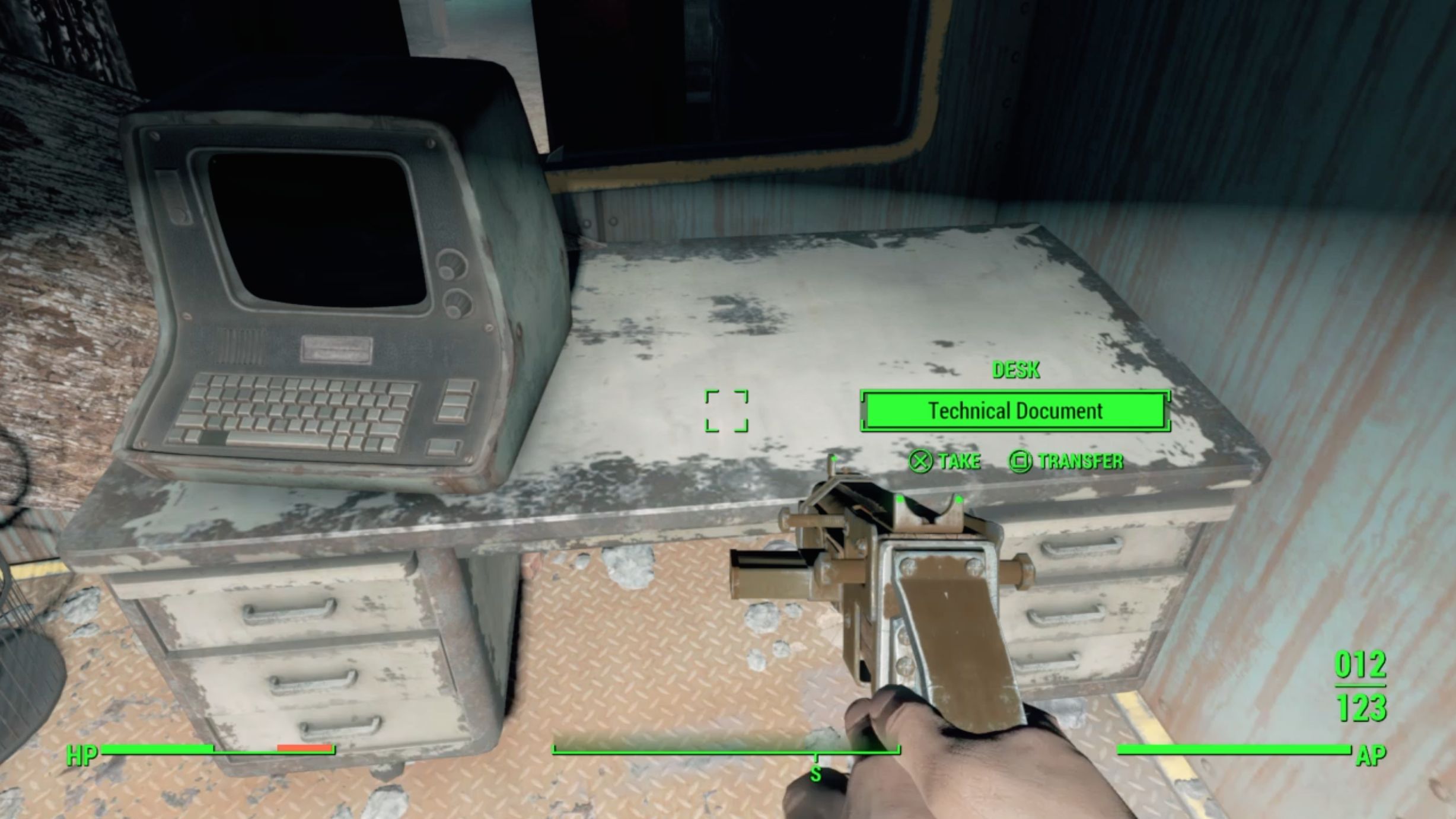 Fallout 4: Getting Technical walkthrough
Fallout 4: Getting Technical walkthrough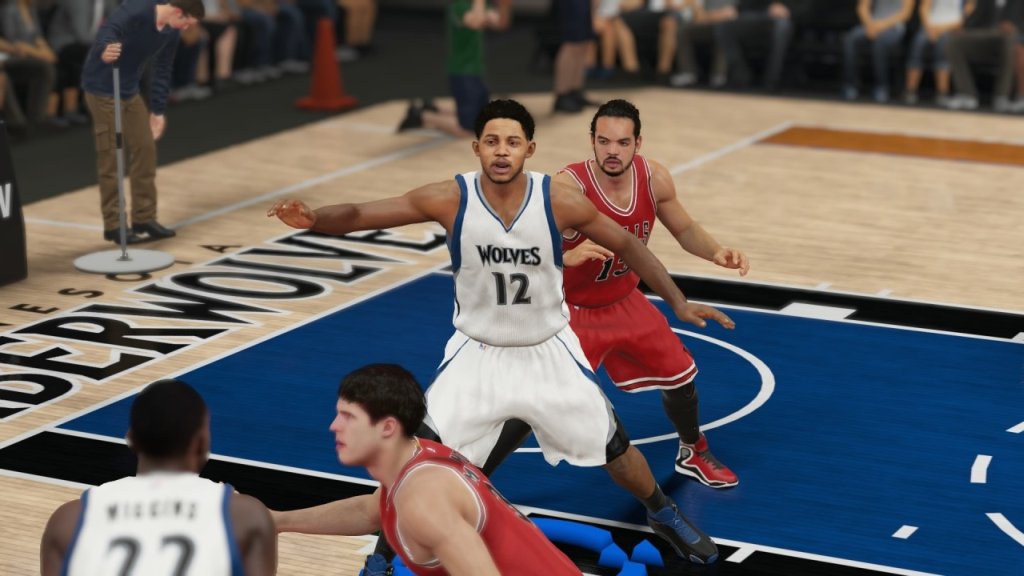 NBA 2K16: How to Quickly Get a 99 Rating My Player in the Game (My Career Guide)
NBA 2K16: How to Quickly Get a 99 Rating My Player in the Game (My Career Guide)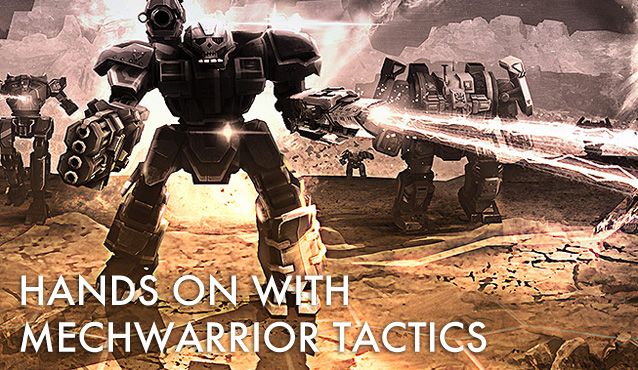 Hands-On With MechWarrior Tactics
Hands-On With MechWarrior Tactics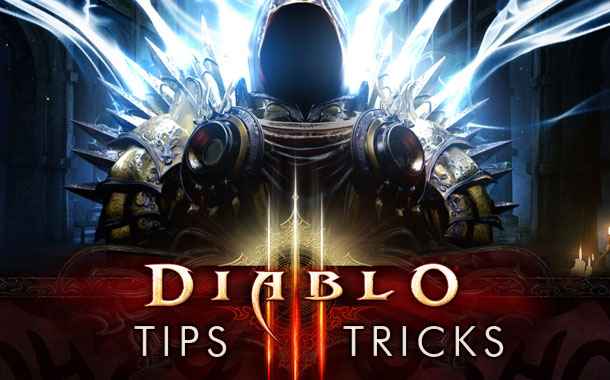 Diablo 3 Tips & Tricks — Come for the Demons, Stay for the Loot
Diablo 3 Tips & Tricks — Come for the Demons, Stay for the Loot